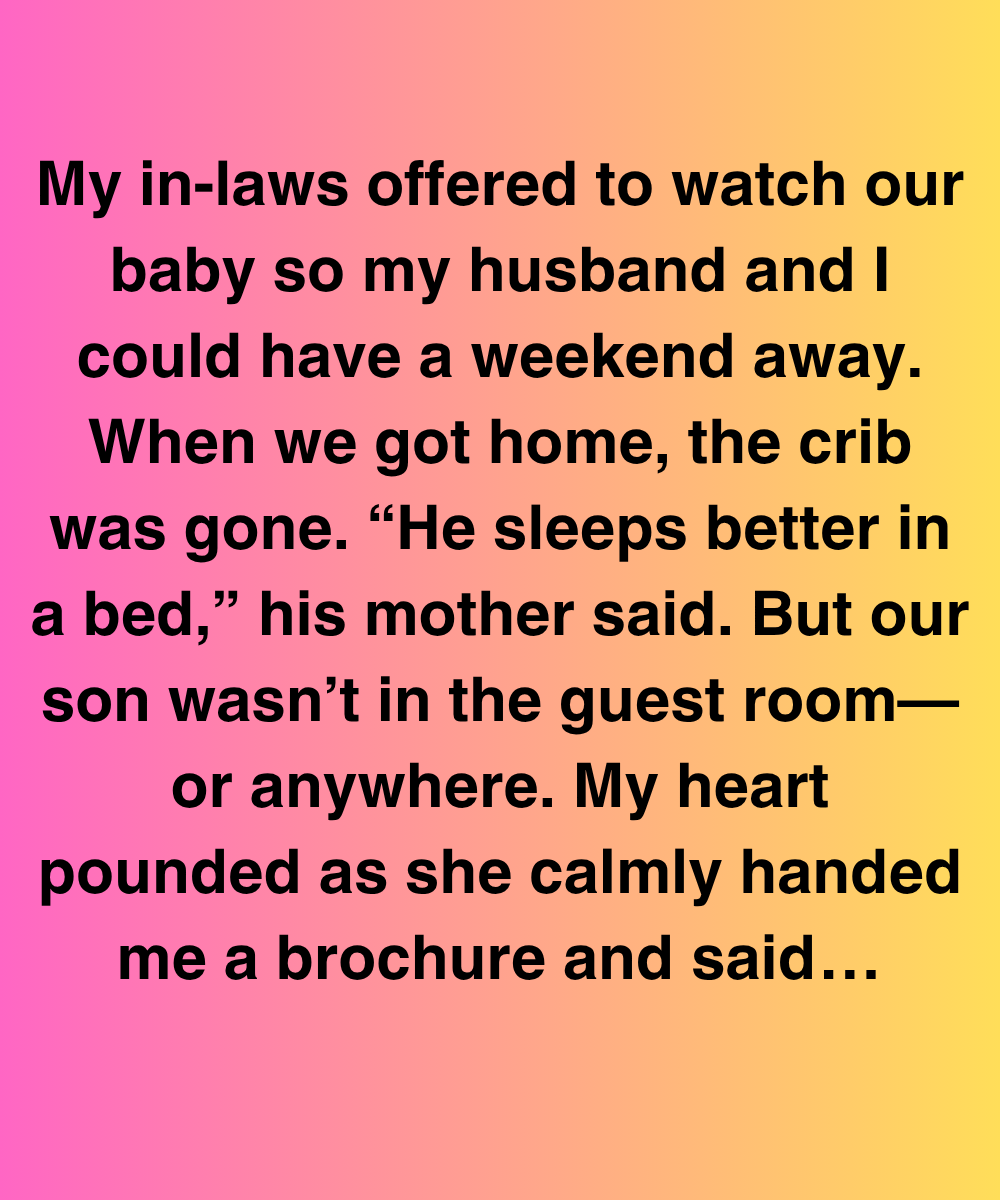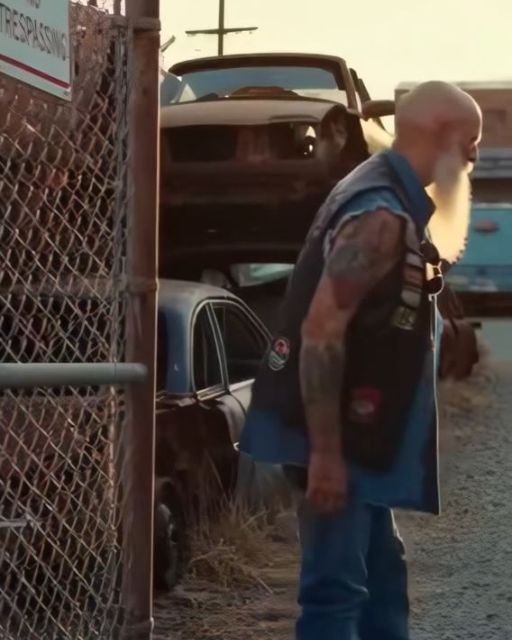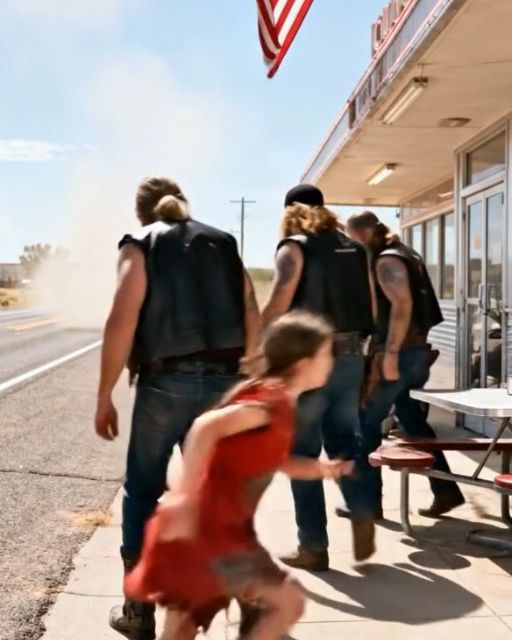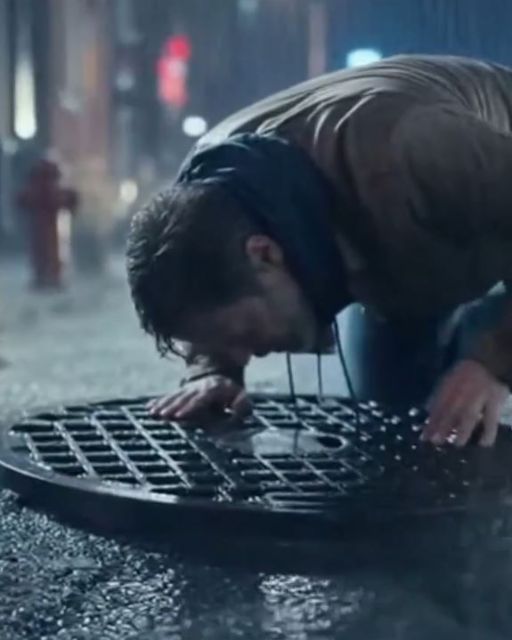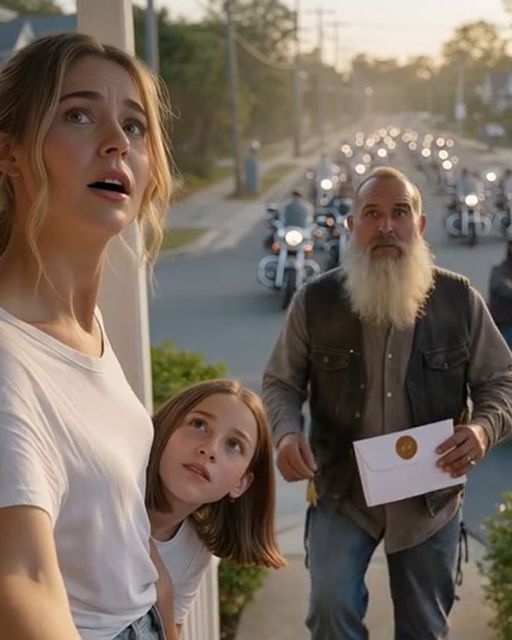My in-laws offered to watch our baby so my husband and I could have a weekend away. When we got home, the crib was gone. “He sleeps better in a bed,” his mother said. But our son wasn’t in the guest room—or anywhere. My heart pounded as she calmly handed me a brochure and said, “Don’t worry, he’s in very capable hands now.”
The brochure was for something called “Little Light Learning Retreat”—some kind of early-childhood development program that ran weekend intensives in the next county over. There were smiling babies on the cover, toddlers playing with flashcards, and words like “holistic stimulation,” “guided independence,” and “cognitive immersion.”
I looked up at her. “You sent him away?”
She gave me that patient, condescending smile she always uses when I question her. “Sweetheart, it’s just one night. They do wonders with neural mapping at this age.”
I turned to my husband, Marlon, who looked about as stunned as I felt. “Where is he, exactly? Which county?”
“They’re very private. It’s part of the philosophy,” she said, like we were idiots for not knowing. “I gave them our contact info. They’ll call if there’s a need.”
I didn’t wait for more explanation. I grabbed my keys and told Marlon to get in the car.
We drove for almost two hours, guessing based on the brochure’s address and a vague GPS pin she pulled up at the last minute. The whole ride, I was shaking. Marlon tried to call the number on the brochure, but it kept going to voicemail.
It wasn’t a daycare. It wasn’t even a school.
It was a large converted farmhouse with a fancy sign out front and maybe five or six cars in the gravel lot.
A young woman with a pixie cut met us at the door. “You must be the Colindres,” she said, like she was expecting us. “Little Wren is still resting. He had such a stimulating morning!”
I clenched my fists. “He’s eight months old. He naps. That’s normal.”
She just smiled and led us inside.
It looked like a cross between a Montessori classroom and a spa. Gentle lighting. Soft music. A lot of white furniture and natural wood toys. I saw two other babies in an enclosed play area with wooden climbing blocks and these oddly mature facial expressions.
Wren was lying on a floor mat near a low window. A woman with a foreign accent—German or Dutch maybe—was kneeling beside him, gently tapping a small tuning fork and hovering it near his ears.
I nearly burst into tears. I walked over, scooped him up, and he let out a little grunt of surprise but didn’t cry. His clothes had been changed. His hair smelled like lavender.
“We introduced aroma associations,” the woman said proudly. “He’s a very advanced baby. Incredible neural receptivity.”
I didn’t say a word. I just turned and walked out with him.
We didn’t speak in the car for the first half hour.
Then Marlon said, “My mom’s gonna say we’re ungrateful.”
I stared out the window. “Your mom’s gonna say whatever she wants. But she’s never watching him alone again.”
We got home, and I expected his parents to be angry or defensive. Instead, they acted offended for us. Like we’d failed some kind of parenting IQ test.
“I’m sorry if you felt alarmed,” his father said in that calm, detached tone that drives me up the wall. “But you’ll thank us someday.”
We didn’t.
What we did do was stop letting them babysit.
For a while, things got quiet between us. Holidays were tense. They complained to Marlon’s sister, who then called me to “just check in,” which meant guilt-tripping me on their behalf.
But then, something shifted.
About four months later, Marlon’s parents got scammed.
They’d invested in this “community senior living” compound that promised luxury living and a guaranteed buyback program. It was marketed like some kind of utopia—organic gardens, Tai Chi at dawn, multi-generational “connection pods.”
Turns out, it was a Ponzi scheme targeting affluent retirees with flexible morals and too much time on their hands.
They lost nearly $400,000.
And suddenly, we were the only people they could turn to.
They didn’t say it outright, but their tone changed.
His mother stopped talking to me like I was in her way.
His father called Marlon one night and actually said, “I think I need help.”
We sat at our kitchen table with them the following week, talking about finances. I thought I’d enjoy it. Watching them squirm. Seeing the proud glint drained from her eyes.
But I didn’t.
I just felt tired. And weirdly… empathetic.
Because I realized they’d fallen for a very similar kind of brochure.
All glittering promises and advanced-sounding words.
They’d treated our baby the same way they treated their money—something to hand off to people who “sounded smart” because they didn’t trust themselves to handle it.
That hit me hard.
We let them move into our downstairs in-law unit after a lot of discussion. It was supposed to be temporary, just until they sorted things out.
Three months in, I was losing my mind.
His mother kept trying to parent Wren.
“She doesn’t let him self-soothe enough,” I heard her whisper to Marlon one night.
She rearranged our kitchen cabinets when we weren’t home.
She left clippings from parenting magazines on my nightstand.
But then came the morning that changed everything.
Wren, now just over a year, started crying around 6 a.m.
I was already half-awake and stumbled toward the nursery—only to find her already in there. Holding him. Whispering.
And crying.
It wasn’t loud. But I saw her shoulders trembling.
She kissed his forehead and rocked him gently, like she was sorry.
I didn’t say anything. Just watched from the door.
Later that afternoon, she left a note on the kitchen table.
“I’m sorry for not trusting you to raise your own child. I’m learning to unlearn things. Thank you for letting us stay.”
And that? That cracked me open a little.
The woman had never apologized to me in her life.
She wasn’t fixed. But she was trying.
A few weeks later, she offered to watch Wren for just an hour so I could go to a doctor’s appointment. I hesitated.
But I said yes.
And she didn’t feed him spirulina, or play him ambient opera, or hand him off to any cognitive immersion experts.
She just sat on the rug and played peekaboo.
Sometimes, it takes a loss to reset people.
They lost money. And ego.
But maybe they found humility.
And I found… grace, I guess.
Not everyone earns a second chance.
But some people grow when you least expect it.
Even the ones who hand you a brochure instead of your child.
If this made you feel something, give it a like and share—someone else might need to read it too.
